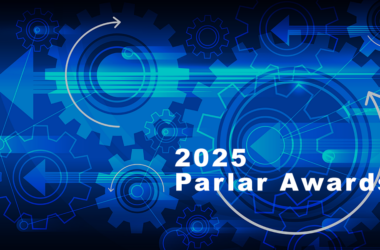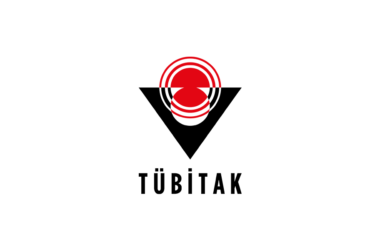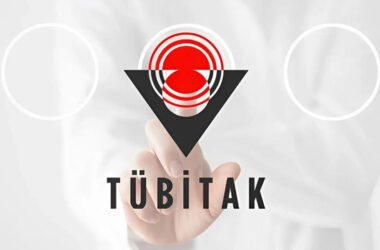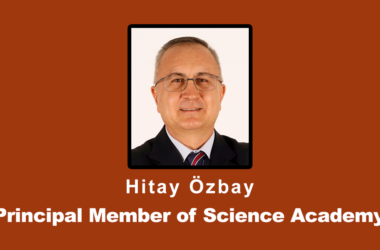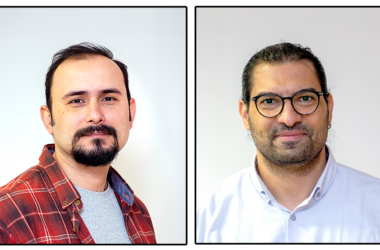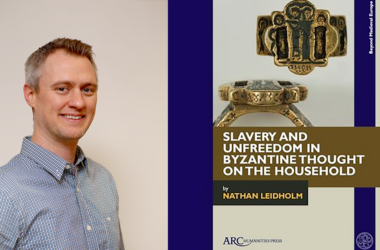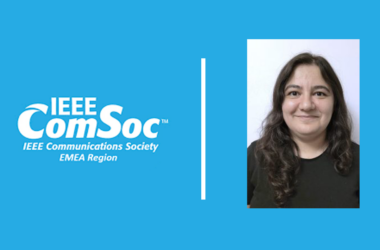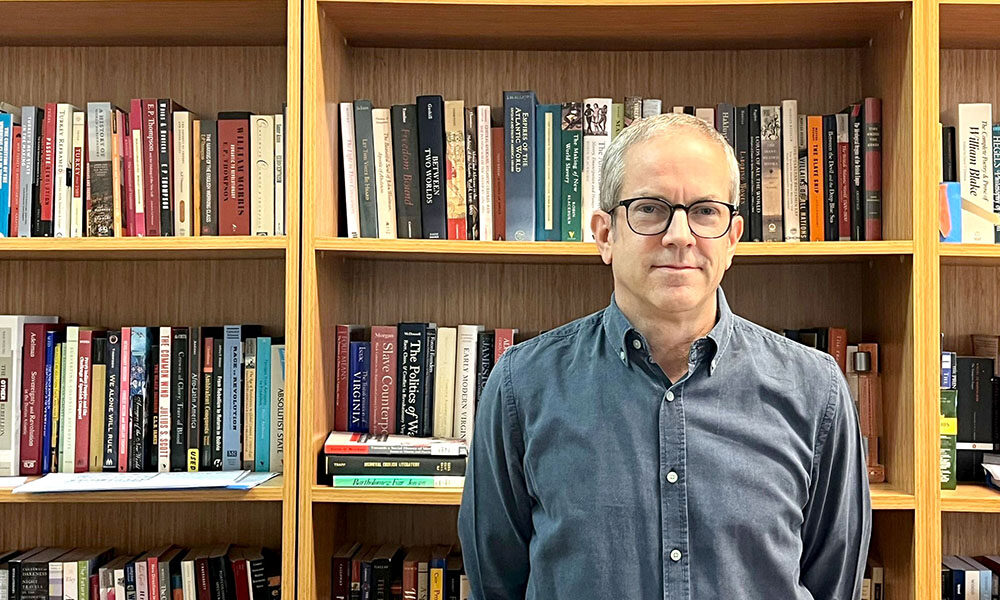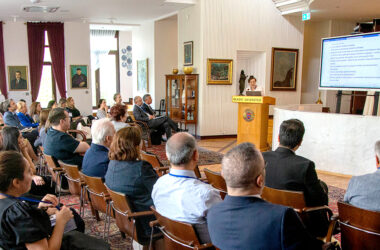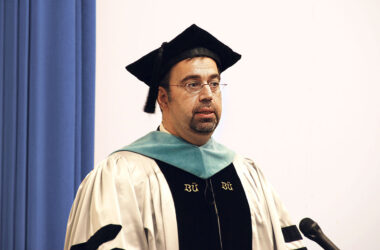BY EKİNSU POLAT (AMER/III)
Daniel Johnson, chair of the Department of American Culture and Literature, is a historian of early America and the early modern Atlantic world. He received his PhD in History from Binghamton University–SUNY in 2011. Dr. Johnson’s research explores the relationship between social change and cultural formation in the Atlantic world between the 16th and 18th centuries. Johnson’s first book, Making the Early Modern Metropolis: Culture and Power in Pre-Revolutionary Philadelphia (UVA), examines power struggles in early Philadelphia within a broader context of urban transformation beginning in late medieval Europe and extending to the early modern Atlantic world. Johnson’s academic articles have appeared or are forthcoming in the journals Social History, Early American Studies, Cultural and Social History, Pennsylvania History and the Journal for Early Modern Cultural Studies. He is also editor of Chapter 3 of the textbook The American Yawp (Stanford), and his teaching and research interests include labor, popular politics, social movements, theories of knowledge, urban history, crime, print culture and early American literature. Johnson is also author of many essays and reviews for general publications. Currently, he is teaching AMER 357 (American Intellectual History I) and AMER 406 (Senior Project).
Why did you choose an academic career?
I didn’t go to university after graduating high school and instead worked in a number of jobs before realizing I would need a college education for a better future. After starting at the University of Minnesota I still didn’t really know what I wanted to do, but while majoring in psychology I took an American studies course for a gen ed class and realized how much I enjoyed reading and writing. I understood that academia was the path for me and became an English major.
What has been the most exciting moment of your career so far?
Seeing your name on a book cover is pretty exciting, so I guess in terms my career it would be that.
What’s one piece of information from your field that you think everyone should know?
Our modern conceptions of race actually originate in the time period that I study. We tend to think of race as a transhistorical phenomenon that has existed throughout all time and will exist forever, but actually modern ideas of race really originated in the context of early modern European imperialism and the creation of new systems of labor in the colonies. So, I think that if more people understood the historical origins of race, it would be easier to challenge race in the present.
When and where do you do your best thinking?
Any place that has instrumental music, like jazz or traditional music, coffee and a laptop. So I can work at home, in the office or in a café. All are good for me.
What are you most curious about?
Related to my work, I think I’m most interested in trying to enter the mental and cultural worlds of people who lived in a time very different from our own.
What do you like to do when you are not working?
Spending time with family and friends. I also like to make music. I play guitar, and during COVID-19 pandemic I bought a banjo, so I’ve been teaching myself banjo in the last two years. I also like watching old episodes of MST3K, and recently I started playing role-playing games. I think you interviewed my colleague, Asst. Prof. Patrick McDonald. He recommended me a game called “Disco Elysium” that I’m enjoying very much right now.
If you weren’t an academic, what career would you choose?
A musician, if I were good enough.
What do you like the most about being at Bilkent?
The sense of community, not only in terms of AMER but also in life more generally. We’re a small department, so as faculty we get to know our students very well and have the opportunity to see them grow and develop. I’m also lucky that I have great colleagues and friends.
Living in campus housing also fosters a sense of community. We have very close friends in the neighborhood, and Bilkent has been a wonderful place to raise our daughter.
Campus housing fosters a sense of community, so you get to know people very well. We’re very close. I have a daughter, so it’s a very good place for children as well.
What projects are you working on currently?
I’m just finishing an article on the evolution of a medieval folk utopia called Cockaigne in the English Atlantic world. I’m also working on two books: one is a popular history of crime in early Philadelphia, and the other is an exploration of changing ideas about human nature and improvement in the early modern British Empire. It’s a big project, so hopefully it will be finished in 10 years.
Which books have influenced you the most and why?
This was a hard question that I had to think about a lot, but I decided on two. E.P. Thompson’s “The Making of the English Working Class,” and by Natalie Zeman Davis, “Society and Culture in Early Modern France.” They were both written in the 1960s by historians who pioneered a new way methodology called the New Social History. They helped transform the historical discipline and are still worth reading today.
What’s the most common misconception about your work?
A lot of people think the discipline of history is simply the recording of past events. In fact, it requires sophisticated analysis of evidence and a theoretical framework within which to make sense of the evidence. So, it’s actually about much more than events in the past, it’s about how we make sense of the world we live in and why it came to be.
If you had unlimited funds, what would you like to do in research or in projects?
I would take a lot of language courses so that, as a history nerd, I would be able to do archival research in different countries, especially in the Mediterranean world.
